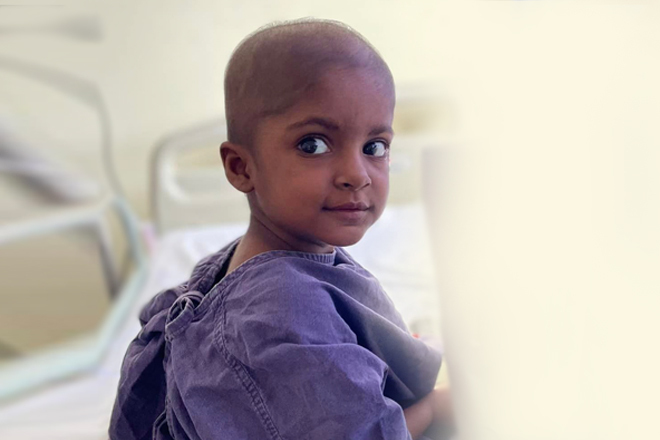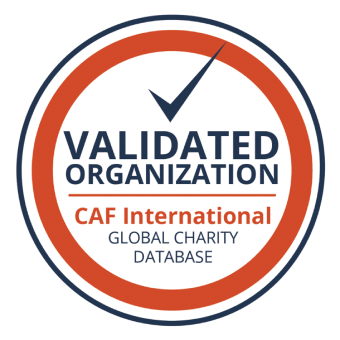Paediatric cancers have high rates of remission. However, in the event of a relapse treatment options are limited. The main aim of the trial was to genetically profile the patients’ tumour to identify molecular alterations and thereafter suggest the most appropriate treatment tailored to individual patients. The authors of the trial prospectively recruited 787 paediatric patients with relapsed cancers from France, Italy, Spain and Ireland. The main tumour types were sarcomas, central nervous system tumours, other solid tumours, leukaemia, and lymphomas.
Comprehensive whole exome sequencing (WES) and/or RNA sequencing from tissue samples from 774 patients were performed. Following this, a Clinical Molecular Tumour Board (CMTB) comprising of experts in new drug development, experts in tumour diseases, and the treating physician then reviewed the sequencing data from each patient.
Following CMTB recommendations, patients were matched to drugs based on the mutations in their tumours. Mutations were identified as “potentially actionable” if there existed an approved or investigational drug that could target the mutated protein in the tumour or another member of the affected signalling pathway. Mutations were also considered as “ready for routine use” if there was significant clinical evidence that a drug could effectively treat the mutations in the tumours. Mutations were also matched with therapies that were considered “investigational” and “hypothetical”. Patients were treated with a matched single agent or a combination of agents.
The authors discuss that the overall response rate (ORR) of patients who received a matched therapy was 17%, superior to the reported 4% ORR observed in paediatric phase I/II chemotherapy trials and similar to the outcome in targeted therapies. Among patients who were in the “ready for routine use” category, the ORR was 38% . Patients with “potentially actionable” mutations had an overall response rate of 14% .
To know more about the study and how the authors used circulating tumour DNA (ctDNA) — tumour cell DNA fragments that circulate in the blood — to identify targetable mutations log onto here.
Written by: Dr. Sripriya Venkiteswaran (Ph. D)
Head of Content, CICN.
Source Article: Berlanga P, Pierron G, Lacroix L, et al. The European MAPPYACTS Trial: Precision Medicine Program in Pediatric and Adolescent Patients with Recurrent Malignancies. Cancer Discov. 2022 May 2;12(5):1266-1281.





